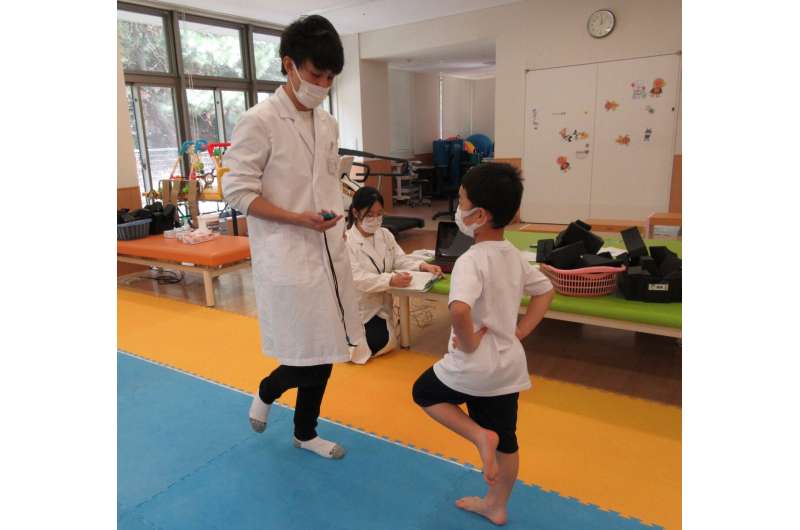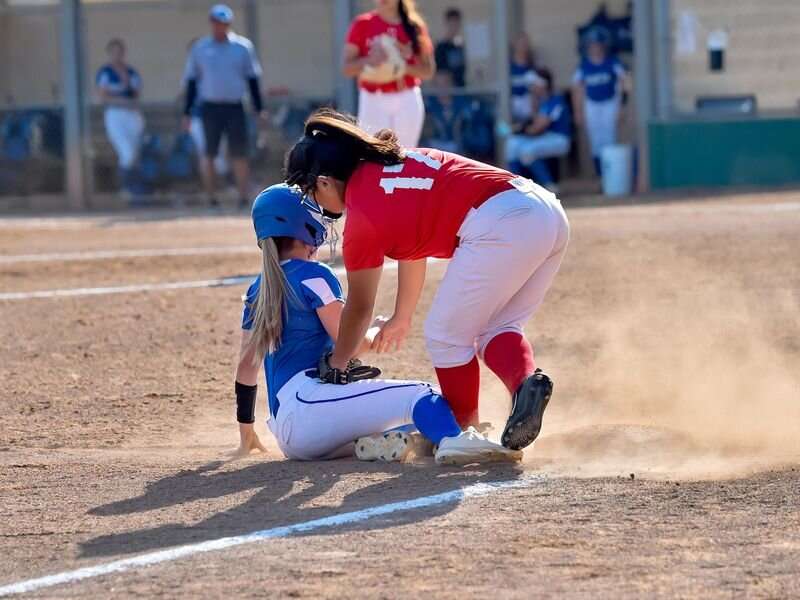
A group of researchers from Nagoya College in central Japan investigated how restrictions on adolescents’s actions throughout the COVID-19 pandemic affected their lifestyles behavior and their skills to accomplish bodily actions. Via evaluating scientific exam knowledge sooner than and after the onset of the pandemic, they discovered that bodily purposes amongst kids deteriorated, together with their dynamic steadiness. Additionally they discovered that the youngsters had upper frame fats ranges and worse lifestyles behavior. Slightly than a loss of workout time, this may increasingly were as a result of a loss of high quality workout because of job restrictions.
Right through the COVID-19 pandemic, in Japan, as in different international locations, colleges and sports activities golf equipment attempted to stop the unfold of an infection by way of lowering bodily schooling and limiting outside bodily actions, membership actions, and sports activities. On the other hand, adolescents who’re denied alternatives for bodily job with social parts would possibly increase dangerous behavior. Right through the pandemic, adolescents, like adults, higher the time they spent taking a look at tv, smartphone, and laptop displays; they exercised much less, and slept much less. Such adjustments in way of life can hurt adolescent our bodies, resulting in weight achieve and well being issues.
Visiting Researcher Tadashi Ito and Professor Hideshi Sugiura from the Division of Organic Practical Science on the Nagoya College Graduate College of Drugs, along with Dr. Yuji Ito from the Division of Pediatrics at Nagoya College Health facility, and Dr. Nobuhiko Ochi and Dr. Koji Noritake from Aichi Prefectural Mikawa Aoitori Scientific and Rehabilitation Middle for Developmental Disabilities, performed a learn about of Eastern adolescents and scholars in basic and junior prime colleges, elderly 9–15, by way of inspecting knowledge from bodily examinations sooner than and throughout the COVID-19 pandemic. They evaluated the youngsters’s muscle power, dynamic steadiness purposes, strolling pace, frame fats proportion, display screen time, sleep time, high quality of lifestyles, and bodily job time.
The researchers discovered that when the onset of the pandemic, adolescents had been much more likely to have lowered steadiness talent when transferring, greater frame fats proportion, record spending extra time taking a look at TV, computer systems or smartphones, and sleep much less. Since there have been no adjustments within the time spent on bodily job or the selection of foods eaten, Sugiura and his colleagues recommend that the worsening of bodily purposes was once associated with the standard of workout of the youngsters. The researchers reported their findings within the Global Magazine of Environmental Analysis and Public Well being.
“Because the outbreak of the unconventional coronavirus in Japan after April 2020, adolescents have now not been in a position to have interaction in enough bodily schooling, sports activities actions, and outside play in class. It was transparent that steadiness talent throughout motion was once simply affected, way of life behavior had been disrupted, and the proportion of frame fats was once prone to building up,” defined Ito. “This may increasingly were as a result of shorter outside playtime and membership actions, which impeded adolescents’s talent to be informed the motor abilities vital to steadiness throughout motion.”
“Boundaries on adolescents’s alternatives for bodily job as a result of the outbreak of the unconventional coronavirus have had a vital affect at the building of bodily serve as and way of life and would possibly reason bodily deterioration and well being issues someday,” warned Ito. “Particularly, the chance of harm to adolescents would possibly building up as a result of a discounted dynamic steadiness serve as.”
The consequences recommend that even after the unconventional coronavirus turns into endemic, it is very important imagine the results of social restrictions at the frame composition of kids. Since bodily actions with a social component is also necessary for well being, government will have to prioritize combating the relief of youngsters’s bodily inaction and actively inspire them to play outdoor and workout.
The gang has some suggestions for households frightened concerning the results of faculty closings and different coronavirus measures on their adolescents. “It will be significant for kids to apply dynamic steadiness talent, keeping up steadiness to steer clear of falling over whilst acting actions,” Ito prompt. “To make stronger steadiness serve as in adolescents, it is very important incorporate enhanced content material, equivalent to non permanent workout systems particularly designed to make stronger steadiness purposes.”
Additional info:
Tadashi Ito et al, Bodily Purposes amongst Kids sooner than and throughout the COVID-19 Pandemic: A Potential Longitudinal Observational Learn about (Level 1), Global Magazine of Environmental Analysis and Public Well being (2022). DOI: 10.3390/ijerph191811513
Quotation:
Process restrictions throughout COVID-19 pandemic diminished Eastern adolescents’s bodily skills (2022, December 6)
retrieved 31 January 2023
from https://medicalxpress.com/information/2022-12-restrictions-covid-pandemic-japanese-children.html
This report is topic to copyright. With the exception of any honest dealing for the aim of personal learn about or analysis, no
section is also reproduced with out the written permission. The content material is equipped for info functions most effective.
Supply Via https://medicalxpress.com/information/2022-12-restrictions-covid-pandemic-japanese-children.html



